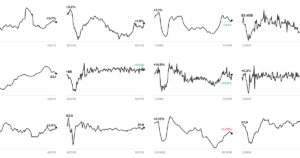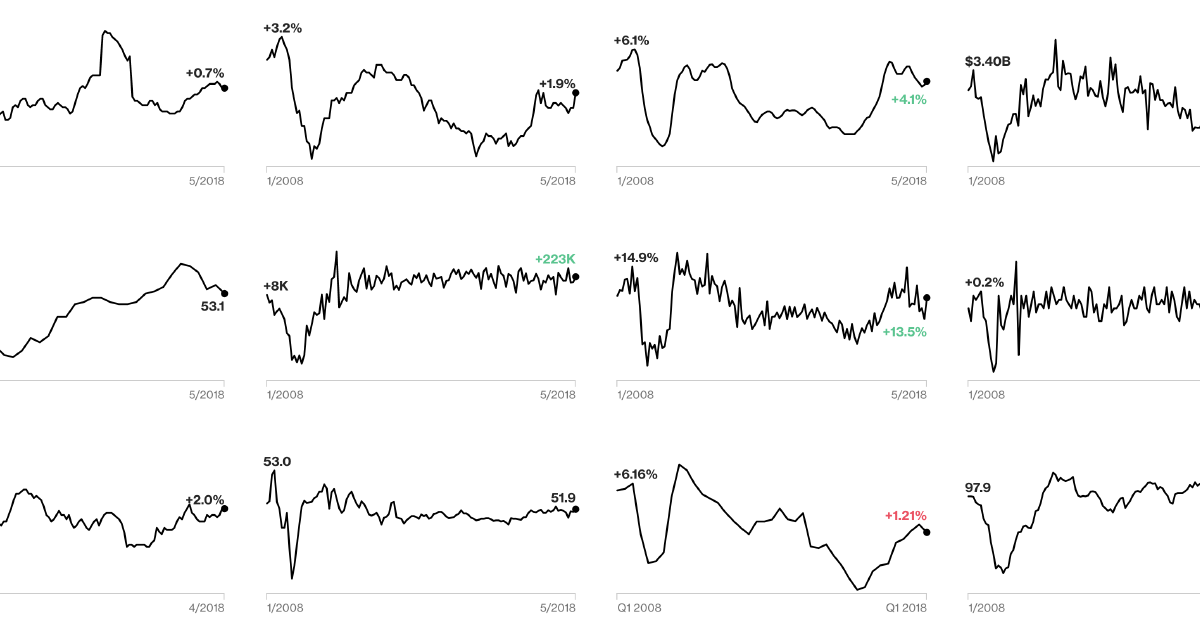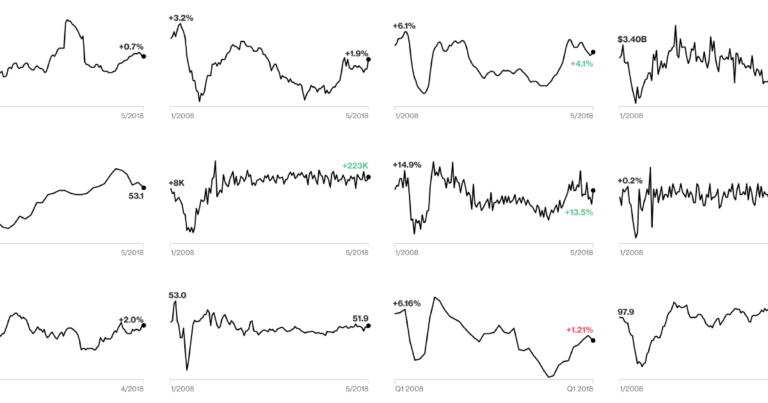UK’s Fiscal Strategy Amid Global Economic Turbulence
UK Finance Minister Rachel Reeves has reaffirmed the government’s commitment to its fiscal rules, even as global economic uncertainties loom. In her recent address, Reeves emphasized the importance of adhering to fiscal discipline to maintain economic stability. This stance comes in the wake of sluggish economic growth, rising borrowing costs, and potential global trade tensions spurred by U.S. import tariffs under President Donald Trump. Notably, UK debt costs surged following higher-than-expected borrowing figures, raising investor concerns about the government’s fiscal management. In response, the administration has proposed austerity measures, including a £5 billion annual reduction in welfare spending, and is exploring further cuts in the upcoming spring budget statement. Additionally, plans are underway to curtail public administration expenses while increasing defense spending to address emerging global threats. 
Close Brothers Faces Financial Setback Amid Mis-Selling Provisions
Close Brothers, a UK-based specialist bank, reported a £104 million operating loss for the six months ending January, a sharp contrast to the £87 million profit recorded in the same period the previous year. This downturn is primarily attributed to a substantial £165 million provision for potential costs related to the mis-selling of car finance loans. Investigations by the Financial Conduct Authority uncovered that certain car dealerships received higher commissions for charging elevated interest rates without customers’ informed consent. In light of these findings, Close Brothers has suspended its dividend, divested its asset management division for £59 million, and initiated a £400 million capitalization plan. CEO Mike Morgan emphasized the bank’s commitment to enhancing operational efficiency and reassessing lending portfolios to optimize returns. Notably, the bank resumed car finance lending in January and anticipates modest loan book growth by the fiscal year’s end.
Treasury Initiates Review of Financial Ombudsman Service
The UK Treasury has announced a comprehensive review of the Financial Ombudsman Service (FOS) amid concerns that the agency may be overstepping its authority and imposing substantial compensation liabilities on the financial sector. The review aims to assess whether the FOS is acting as a “quasi-regulator” and if it applies contemporary standards to past practices, particularly in compensation-related matters. This initiative coincides with a surge in complaints regarding car finance commissions, which could lead to significant compensation obligations for financial institutions. The review aligns with the Treasury’s broader efforts to reduce regulatory burdens and stimulate economic growth by streamlining regulations. Established in 2000 and employing over 2,000 personnel, the FOS has expressed support for the review, viewing it as an opportunity to modernize the dispute resolution framework.
Bajaj Finance Shares Surge Amid Positive Developments
Bajaj Finance, a prominent Indian non-banking financial company, witnessed its share price soar to a new 52-week high, surging over 4% to reach ₹9,089 per share on the National Stock Exchange. This rally is attributed to key announcements regarding leadership changes and other favorable developments within the company. Investors have responded positively to these updates, reflecting renewed confidence in the company’s strategic direction and growth prospects. 
India’s Financial Sector: Key Updates
- RBI’s Liquidity Measures: The Reserve Bank of India (RBI) recently offered to infuse ₹1 lakh crore into the banking system but received bids totaling only ₹9,860 crore. Treasury executives attribute this tepid response to the tenure of the operation. The RBI’s move aims to address anticipated tax outflows and other liquidity factors.
- Forex Reserves: India’s foreign exchange reserves experienced a modest increase of $305 million, bringing the total to $654.271 billion. This uptick provides a buffer against external economic shocks and reflects the country’s robust external sector.
- Rupee Appreciation: The Indian Rupee strengthened past the 86 per U.S. dollar mark, marking its best performance in over two years. This appreciation is attributed to favorable macroeconomic indicators and sustained foreign investment inflows.
Global Economic Indicators
- U.S. Trade Policies: The global financial community is closely monitoring the implications of U.S. President Donald Trump’s recent import tariffs, which have the potential to ignite a global trade war. Such measures could disrupt international trade flows and impact global economic growth.
- European Market Dynamics: European markets are experiencing heightened volatility as investors react to geopolitical developments and shifting economic policies. The uncertainty surrounding trade relations and regulatory changes continues to influence market sentiment.
Conclusion
The global financial landscape is currently characterized by a mix of regulatory reviews, corporate challenges, and market fluctuations. In the UK, the government’s adherence to fiscal rules amidst economic uncertainties underscores the delicate balance policymakers must maintain. Financial institutions like Close Brothers are grappling with legacy issues, prompting strategic shifts and financial provisions. Regulatory bodies, such as the Financial Ombudsman Service, are under scrutiny to ensure they operate within their mandates without stifling industry growth. In India, financial entities like Bajaj Finance are navigating leadership changes and market dynamics, reflecting the sector’s resilience and adaptability. As global economic indicators fluctuate, stakeholders must remain vigilant and responsive to emerging challenges and opportunities.














+ There are no comments
Add yours